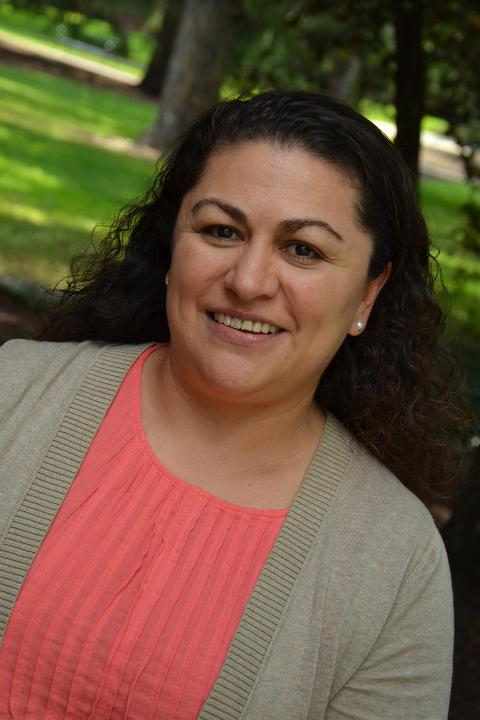Mestizaje Epistemologies: Braiding Latina Women Narratives
Abstract
Latina immigrant women raising children who are attending or have attended schools in the United States are dealing with particular challenges of becoming bilingual and bicultural in a mainstream society. Their own personal experiences inform and shape their mothering practices and ways of educating. This article describes how the mothering practices of these women are part of their home pedagogies. In enacting these pedagogies, Latina mothers are the creators of a cultural curriculum of the home that entails ways of knowing, being, and doing that are not necessarily aligned with those that the dominant culture validates. These differing ways of being are essential for the development of the (bi)cultural identity of their children. Using diverse theoretical frameworks to theorize and analyze these narratives, I braid them together in the configuration of mestizaje epistemologies.
Abstract
Latina immigrant women raising children who are attending or have attended schools in the United States are dealing with particular challenges of becoming bilingual and bicultural in a mainstream society. Their own personal experiences inform and shape their mothering practices and ways of educating. This article describes how the mothering practices of these women are part of their home pedagogies. In enacting these pedagogies, Latina mothers are the creators of a cultural curriculum of the home that entails ways of knowing, being, and doing that are not necessarily aligned with those that the dominant culture validates. These differing ways of being are essential for the development of the (bi)cultural identity of their children. Using diverse theoretical frameworks to theorize and analyze these narratives, I braid them together in the configuration of mestizaje epistemologies.
